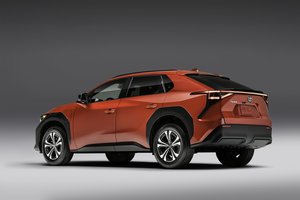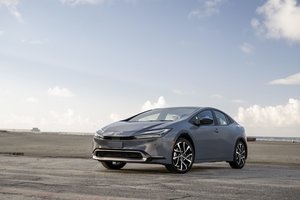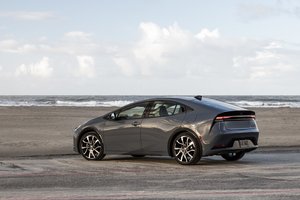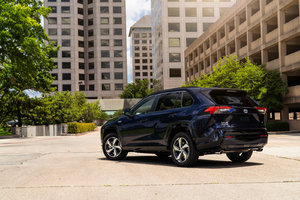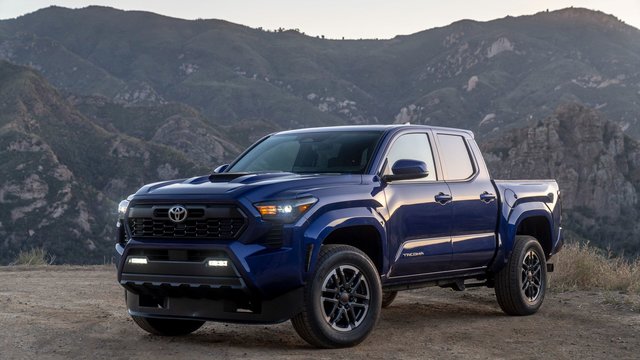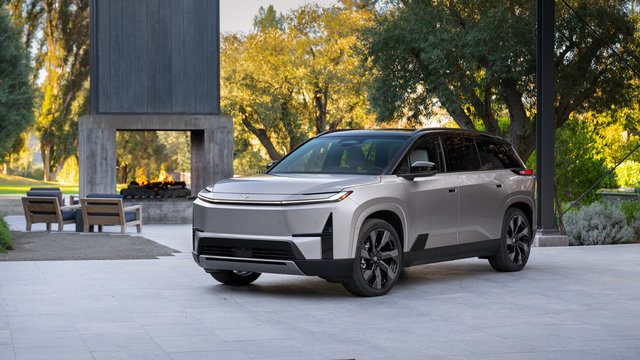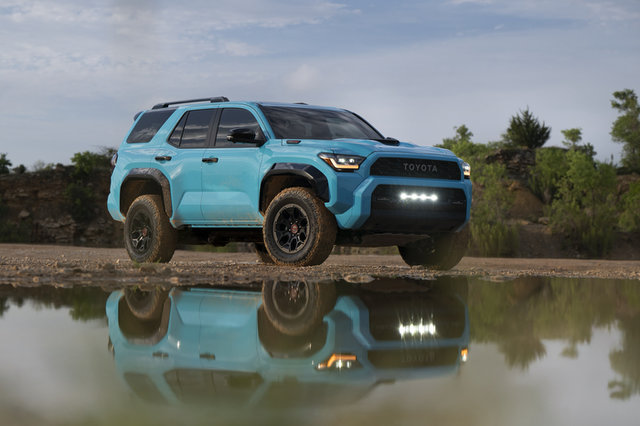The 2026 Toyota Tacoma lineup introduces two standout additions: the SR5+ and TRD Off-Road+...
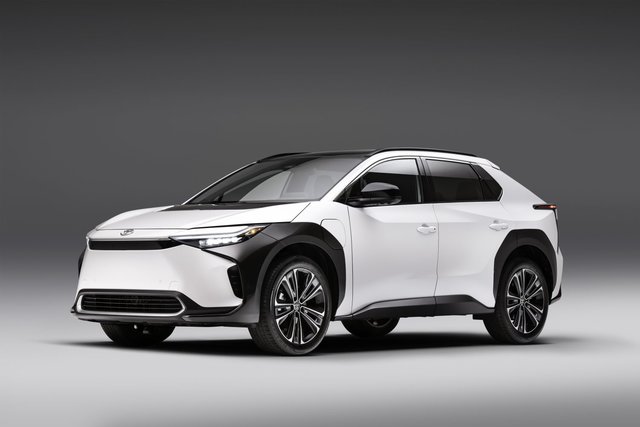
Toyota Motor North America, Inc. (TMNA) has recently disclosed its decision to integrate the North American Charging Standard (NACS) for its electric vehicles, in agreement with Tesla, Inc. This strategic move will commence in 2025, aligning with Toyota's broader electrification objectives.
Difference between NACS and CCS: NACS (North American Charging Standard) and CCS (Combined Charging System) are both charging protocols for electric vehicles. While both systems aim to facilitate fast charging, the CCS has been a widely adopted standard in many regions, combining the capability of AC and DC charging into a single port. NACS, on the other hand, has been gaining traction particularly in North America, championed by companies like Tesla. Its design is streamlined, and its fast-charging capability has been highly recognized.
The integration will mean Toyota and Lexus electric vehicle users will have the added benefit of accessing over 12,000 Tesla Superchargers spread out across North America. It's an important step for the automaker, as it seeks to enhance the charging infrastructure for its customers.
The plan entails incorporating the NACS ports in specific Toyota and Lexus battery electric vehicles (BEVs) from 2025 onward. Notably, this will include an upcoming battery-electric Toyota SUV, set for assembly at Toyota Motor Manufacturing Kentucky (TMMK).
Existing Toyota and Lexus vehicle owners or lessees, whose vehicles are equipped with the Combined Charging System (CCS), will be provided with adapters. These adapters, available from 2025, will enable compatibility with NACS charging stations.
Why this is a Major Benefit for Toyota Owners and EV Buyers: This collaboration between Toyota and Tesla, coupled with the move to adopt NACS, marks a significant leap in convenience and accessibility for Toyota owners and potential EV buyers. By tapping into Tesla's expansive Supercharger network, Toyota is effectively widening its charging infrastructure without the heavy lifting of building its own from scratch. For EV buyers, this signals ease in long-distance travels, reduced "range anxiety", and an overall smoother EV ownership experience. Furthermore, as Toyota and Lexus apps already grant access to over 84,000 charging ports, the addition of NACS further cements Toyota's commitment to a comprehensive charging ecosystem.
Toyota's emphasis on offering a hassle-free charging experience for its users, both at their residences and public places, is evident. With the introduction of NACS, Toyota and Lexus customers can anticipate an expanded range of charging choices, accentuating the ease and confidence of long-distance travels in their electric vehicles.
Other Articles That May Interest You
The automotive world is shifting toward electrification, and Toyota is answering the call with a...
The 2026 Toyota 4Runner is built on Toyota's TNGA-F global truck platform - a sophisticated...

